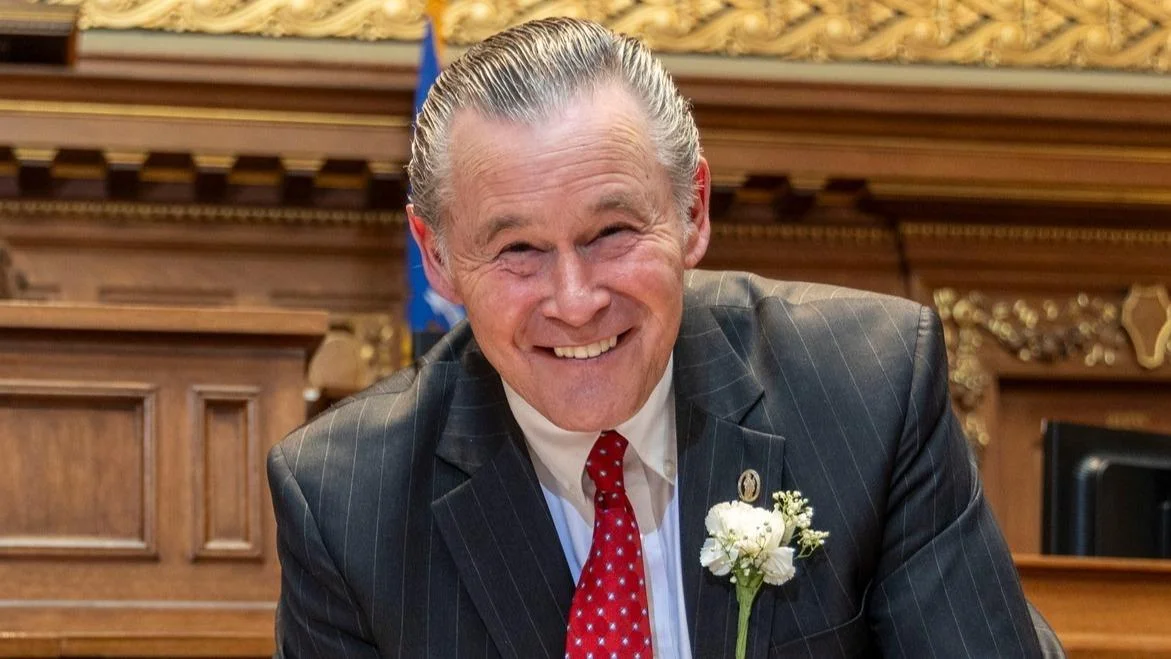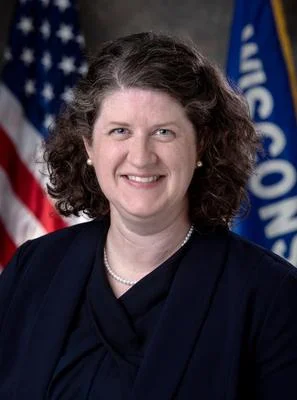Robert G. Donovan, Wisconsin State Representative for 81st District | Official Website
Robert G. Donovan, Wisconsin State Representative for 81st District | Official Website
According to the Wisconsin State Legislature's official website, the bill was described as follows: "grants to law enforcement agencies for data-sharing platforms".
The following is our breakdown, based on the actual bill text, and may include interpretation to clarify its provisions.
In essence, this bill mandates the Department of Justice (DOJ) to provide grants to law enforcement agencies for acquiring data-sharing platforms that meet specified criteria. These platforms must integrate data from common law enforcement systems in real-time, eliminate redundant records, and offer advanced search, analytics, and visualization capabilities. They should allow for secure data integration and sharing, restrict information access based on parameters like roles and investigations, and be usable on devices common to law enforcement. The platform must integrate with existing identity management solutions, comply with Criminal Justice Information Services standards, and provide audit logging and open architecture to ensure agencies retain data rights. The Joint Committee on Finance may allocate up to $2 million annually for the 2025-27 biennium to support this grant program.
The bill was co-authored by Senator Van H. Wanggaard (Republican-21st District), Representative Lindee Rae Brill (Republican-27th District), Representative Barbara Dittrich (Republican-99th District), Representative Daniel Knodl (Republican-24th District), Representative Rob Kreibich (Republican-28th District). It was co-sponsored by Senator Julian Bradley (Republican-28th District), along 10 other co-sponsors.
Bob G. Donovan has co-authored or authored another 61 bills since the beginning of the 2025 session, with none of them being enacted.
Donovan graduated from St. Francis De Sales Seminary and again from the University of Wisconsin- Milwaukee.
Donovan, a Republican, was elected to the Wisconsin State Assembly in 2025 to represent the state's 61st Assembly district, replacing previous state representative Amanda Nedweski.
In Wisconsin, the legislative process starts when a senator, constituent, group, or agency proposes an idea for a bill. After drafting, the bill is introduced, numbered, and referred to a committee for review and public input. If approved, it moves through three readings and votes in both the Senate and Assembly. Once both chambers pass the same version, the bill goes to the governor, who can sign it, veto it, or let it become law without a signature. Only a small share of bills introduced each session ultimately become law. You can learn more about the Wisconsin legislative process here.
| Bill Number | Date Introduced | Short Description |
|---|---|---|
| AB278 | 05/30/2025 | Grants to law enforcement agencies for data-sharing platforms |
| AB250 | 05/08/2025 | Funding for the War Memorial Center and making an appropriation. (FE) |
| AB175 | 04/15/2025 | Requiring periodic inspections of parking structures |
| AB143 | 03/17/2025 | Allowing an unlicensed person to use a motor vehicle and providing a penalty |
| AB138 | 03/17/2025 | Jailers and protective occupation annuitants in the Wisconsin Retirement System who are rehired by a participating employer. (FE) |
| AB91 | 02/28/2025 | The requirement that first class cities and first class city school districts place school resource officers in schools. (FE) |
| AB85 | 02/28/2025 | Recommendation to revoke extended supervision, parole, or probation if a person is charged with a crime. (FE) |
| AB78 | 02/28/2025 | Impoundment of vehicles used in certain reckless driving offenses. (FE) |
| AB77 | 02/28/2025 | Registration plate concealment devices and providing a penalty |
| AB75 | 02/28/2025 | Department of Justice collection and reporting of certain criminal case data. (FE) |


 Alerts Sign-up
Alerts Sign-up